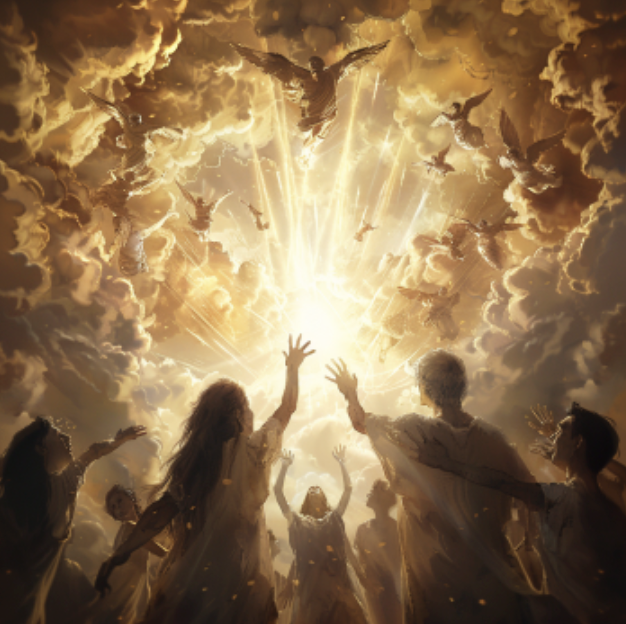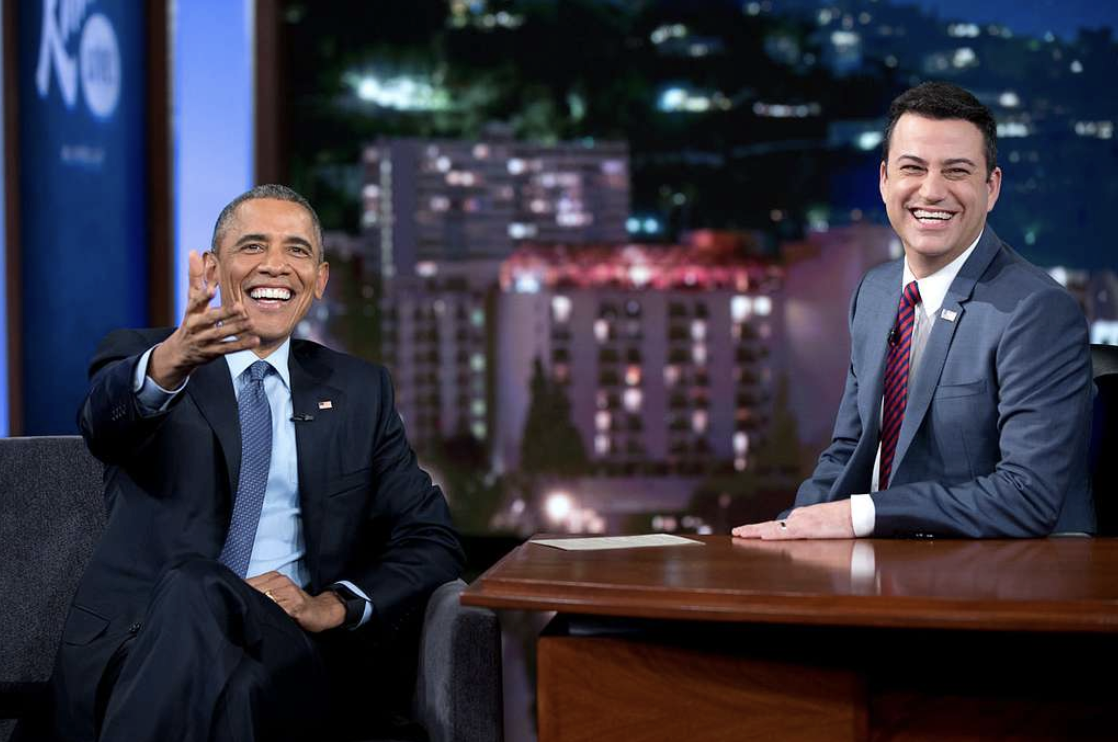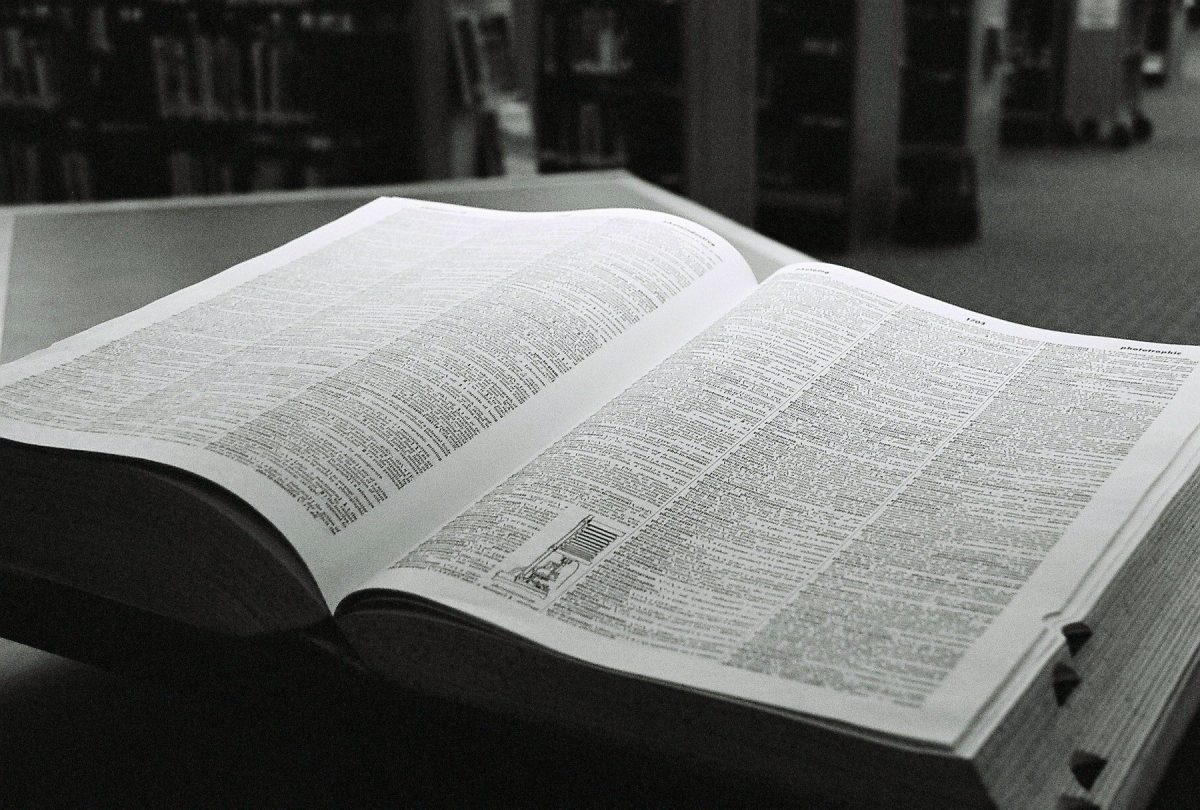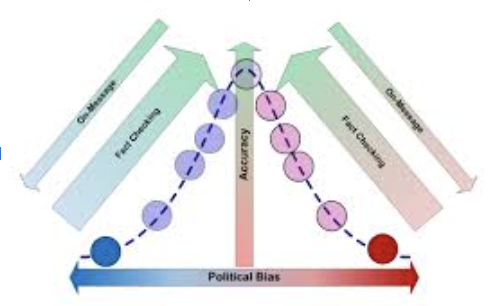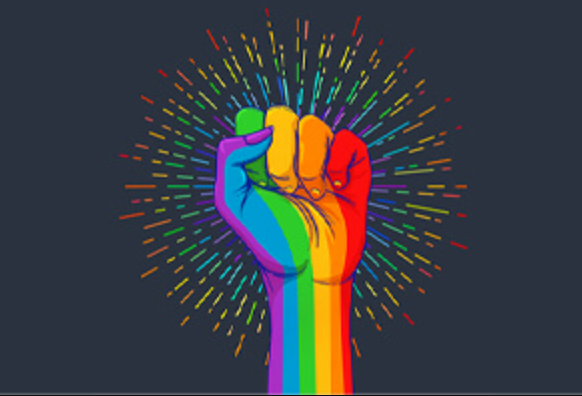Previously published Oct. 29, 2020
Although we have many opinions and critiques for this film, it is important to keep in mind that in the end, there was certainly someone somewhere who was truly passionate and invested in this project. Whether they were a writer, director, actor, or producer, we think it is crucial to offer them basic human respect, no matter the results.
On September 4, 2020, a Mulan live action was to be released onto Disney Plus. It featured an all Asian main cast, generating much excitement, especially in the Asian American community. After the majorly successful Crazy Rich Asians, many were ecstatic: could this be another breakthrough for the Asian community in television and film? However, a year before it was released, there were rumours on where the movie was allegedly filmed: in the XinJiang region of China, where the Uygur Muslim concentration camps are located. Then a post reshared by the lead actress, Liu YiFei, somewhat siding with the Chinese government on the recent protests in Hong Kong, fueled widespread outrage. It must be mentioned that Liu has studied in the Beijing Film Academy and has ties to people actively working in the Chinese Communist Party. Alongside the fact that the movie was to be released on Disney Plus only, effectively with an extra cost of $30.00, many people decided to boycott the movie because of the aforementioned controversies.
Political implications aside, we believe that this live-action wasn’t able to capture the “magic” of the classic Disney film. Amongst the offenses: leaving out the charming General Shang, excluding the fantastically endearing Mushu and with him the majority of the punchlines, and, worst of all, completely glazing over what made Mulan so lovable: her relatability. In the original film, she was portrayed as a truly square and ordinary girl from a countryside town, awkward and inexperienced. She faced imposter syndrome, understandably. In the live-action film, she was granted a supernatural ability—”yuanqi”—which immediately gave her an edge during training. Instead of the uplifting coming of age story, the live action remake was merely a compilation of fight scenes and scenery. It was beautifully choreographed, but there was no heart in the story.
Further character problems: HongHui, the replacement for Captain Shang, was useless for the development of Mulan; not only was he not as complex of a love interest for the new Mulan, but there was no important role that he could possibly play for her character development, even during the training camp arc. In the original Mulan, there was truly no necessity for a romantic subplot—in the live action, there was simply no excuse. In all honesty, a better way to set up the live action film would have been to develop Xian Lang (the witch who could turn into a hawk) as a foil for Mulan, instead of forcefully shoving a Hollywood style romantic subplot into the main conflict.











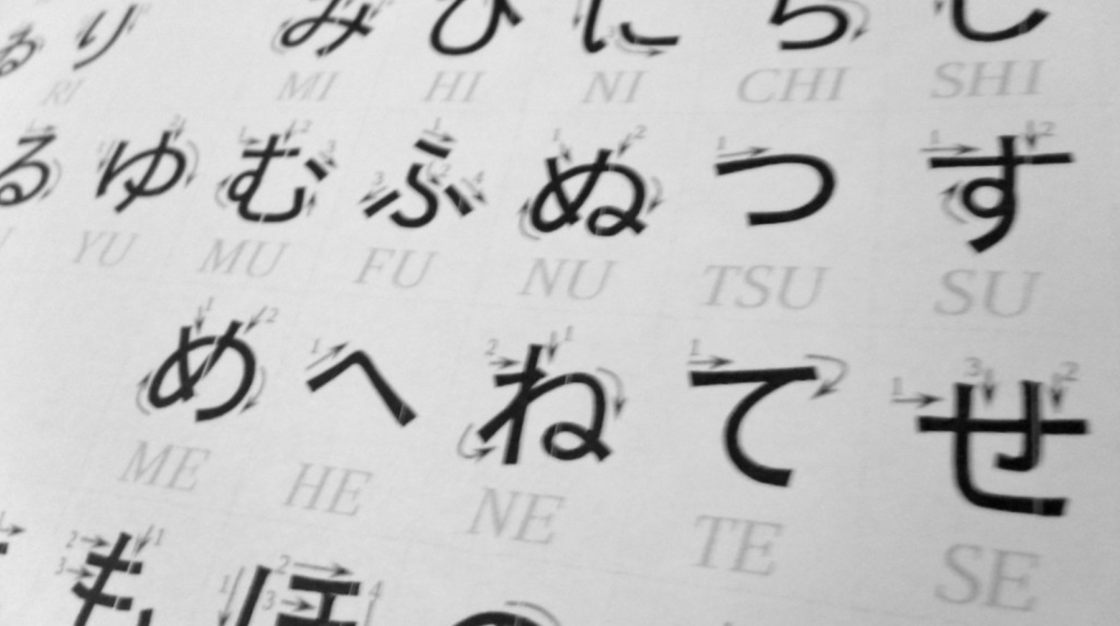





![Teacher [Milk] Tea: Part 2](https://bisvquill.com/wp-content/uploads/2024/03/Screen-Shot-2024-03-19-at-9.28.48-PM.png)











